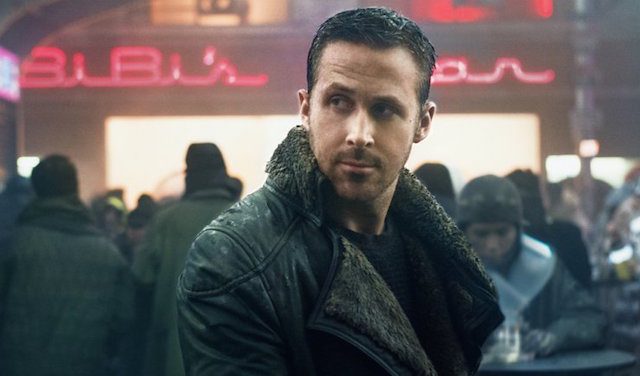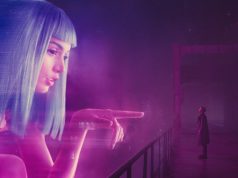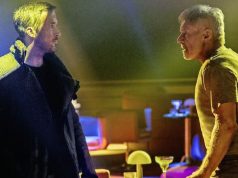More than the special effects, a great science fiction film must be able to draw you into an immersive experience of what the world would be if science could progress further than what the present-day world can offer. By doing so, science fiction resonates with contemporary issues. That’s what makes a really good science fiction film (or book), and that’s exactly what makes “Blade Runner 2049” a masterpiece.
I don’t use the word lightly. Director Denis Villeneuve goes deep into the future where mankind has engineered sentient synthetic humans to do all sorts of work from farming to police and even prostitution. The dangers of these synthetic humans who can think for themselves, called replicants, is that of independence. After all, they are stronger and tougher than a normal human being and so blade runners are police who specifically hunt them down.
K (played by Ryan Gosling) is a blade runner. By 2049, replicant technology is on the rise and the blade runners are tasked to hunt older models and destroy them. During a case, he uncovers a game-changing secret that leads him to hunt down a former blade runner, Deckard, who has been missing for 30 years.
Villeneuve takes his time unraveling this world and showing us the nuances of this idea of the future. Playing out more as a detective story than an action film (as some people may think from watching the trailer), the film’s slow and steady pace is meant to dig deep into the heart of the film’s themes, which tackle what it truly means to be human. As with many stories about thinking engineered beings, the viewers are asked what constitutes humanity and a soul.
“Blade Runner 2049” uses special effects in such a way that it forces us to come face-to-face with what is real and what is false. The world is filled with holographic billboards that actually interact with pedestrians getting through their day. Replicants work side by side with humans. Even K has a home assistant who is artificially intelligent and sports a distinct personality. Even their relationship, as real as it plays out, ponders the question of whether it is real or not.
It’s a masterful juggling act for Villeneuve to constantly be throwing all these possibilities into the air and never letting any of them drop to the floor. He keeps proposing questions and never really answers them, pushing this engaging narrative that dramatizes the arguments while leaving it all up to the audience to make their stand.
This is a film that makes you think. Everything is a possible metaphor for the truth that’s always out of grasp — from its awe-inspiring cinematography, where light and shadows are in constant motion, to the gorgeous musical score by Benjamin Wallfisch and Hans Zimmer, whose use of synthesizers underlines the film’s questions about what is human and what is not.
“Blade Runner 2049” is a sequel to the original 1982 film “Blade Runner” by Ridley Scott, and this film takes all the questions from the groundbreaking film and magnifies them. Villeneuve transforms the film into an allegory of our present time when we are all questioning our humanity and trying to hold on to something that’s real, a line that’s actually mentioned in the film.
The acting here is understated because the most important struggles are internal. It’s the world that is exploding in light and sound, a dark future where the subject of slavery has come back to the fore and very little is talked about whether this is moral or not. And this is one of the points of the film, really, the missing humanity in this high-tech world with its flying cars and drones and engineered laborers.
“Blade Runner 2049” is epic in scope, and not just for its dazzling portrayal of the future, but of the internal moral dilemmas that it poses. It’s magnificent science fiction because the science does not distract us from the story and what it is trying to ask of us. “Blade Runner 2049” is an immersive world that provokes big questions and offers no easy answers. It’s what science fiction is meant to be.









